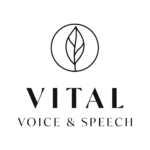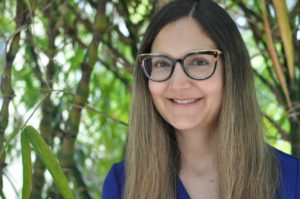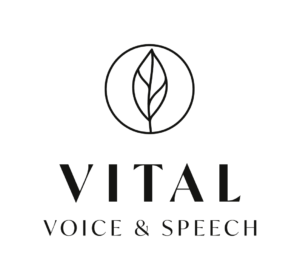Aphasia
Aphasia is a language disorder caused by damage to person’s brain. Aphasia May cause difficulty in speaking, understanding reading and or writing. It impacts a person’s ability to express their needs or ideas.
Characteristics of aphasia:
Difficulty expressing wants and needs
Using only single words
Having a hard time making sentences
Using nonsense words that appear made up
Word finding problems
Difficulty understanding or requiring extra time to understand
Answering yes/no questions inconsistently
Difficulty reading letters, numbers, single words or sentences
Difficulty writing letters, numbers, single words or sentences
Dysarthria
Dysarthria is a speech disorder in which a person’s articulation is impaired which impacts their speech intelligibility. Dysarthria causes imprecise movement of our tongue, lips and mouth and results in slurred speech. Apraxia is in inability to coordinate the tongue, lips and mouth to produce speech sounds.
Characteristics of dysarthria:
Speech that is hard to understand (slurred or mumbled)
Speaking too slow
Speaking too fast
Choppy sounding speech
Substitution or distortion of sounds
Changes in your voice (hoarse, breathy, strained voice)
Low voice volume
Acquired Apraxia of Speech
Apraxia is an inability to coordinate the tongue, lips and mouth to produce speech sounds.
Characteristics of apraxia of speech:
Difficulty producing coherent words
Involuntary sound errors
Sound and syllable repetitions
Difficulty initiating articulation
Speaking too slow
Apraxia may co-occur with with aphasia and/or dysarthria depending on the type of stroke a person has had.
Cognitive Communication Impairment
Some people may be able to communicate without difficulty after a stroke however, they experience significant changes in their cognition. They may experience changes in memory, problem solving, judgement, safety awareness, attention/concentration, organization skills and reasoning. There may also be difficulty in self awareness to recognize that some of these cognitive changes are occurring.
Characteristics of cognitive communication impairments:
Difficulty initiating, organizing and planning
Impairment with orientation to person, place or time
Memory problems
Unable to problem solve everyday tasks (safety, bill paying, cooking etc.)
Poor judgement or safety awareness
Difficulty with attention or focusing on tasks
Unable to multitask
Word finding issues
Difficulty with abstract language and reasoning skills
Poor insight to deficits
Speech therapy is beneficial in improving these cognitive communication skills to improve a person’s independence and quality of life.
How Does Speech Therapy Work?
Speech therapy would begin with a comprehensive evaluation by a licensed speech language pathologist (SLP). Once the evaluation is completed, the SLP works with the client and family to set goals in the areas that need improvement. The client centered model involving both clients/families is beneficial to improve quality of life.
Treatment sessions are individually tailored to each person. Persons with aphasia would participate in therapy treatment involving language stimulation to improve word finding, sentence formulation and verbal expression of thoughts. Some may require targeting both verbal and nonverbal communication modalities using Augmentative Alternative Communication (AAC) to maximize all forms of communication. AAC may involve use of pictures, gestures or higher tech form with use of tablet or computer applications. Functional reading and writing skills may also be incorporated into sessions.
Treatment sessions for persons with dysarthria or apraxia would include physical exercises to improve mouth muscle strength and coordination. It would also target strategies and exercises to improve articulation and speech intelligibility.



